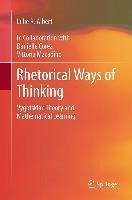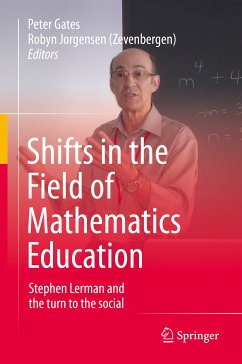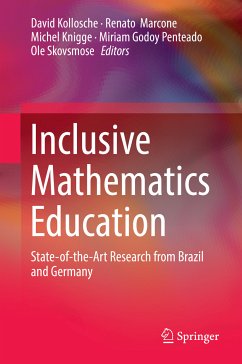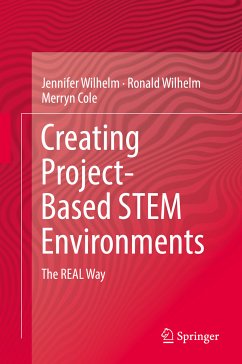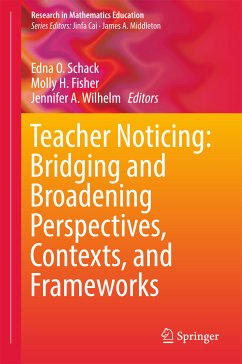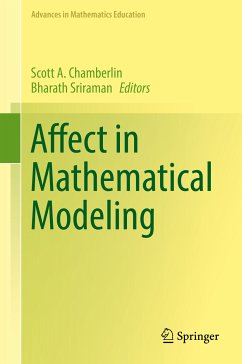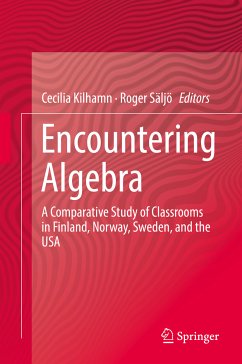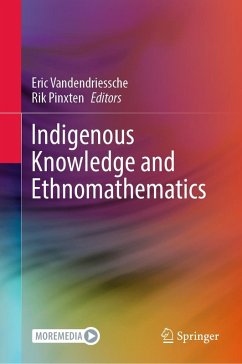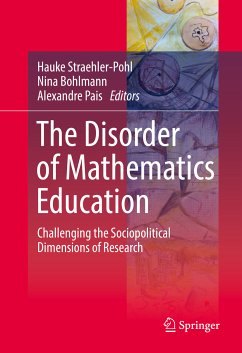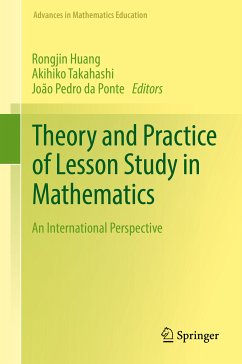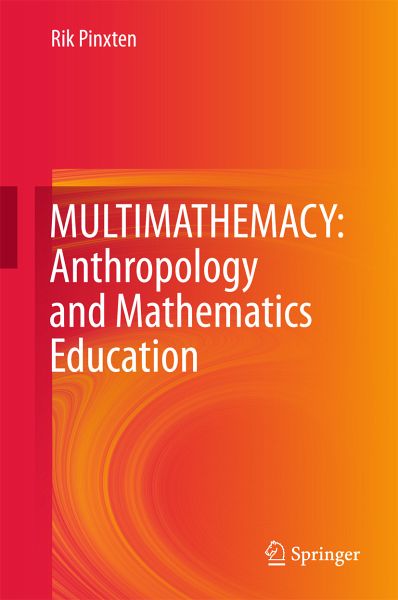
MULTIMATHEMACY: Anthropology and Mathematics Education (eBook, PDF)
Versandkostenfrei!
Sofort per Download lieferbar
40,95 €
inkl. MwSt.
Weitere Ausgaben:

PAYBACK Punkte
20 °P sammeln!
This book defends that math education should systematically start out from the diverse out-of-school knowledge of children and develop trajectories from there to the Academic Mathematics tower of knowledge. Learning theories of the sociocultural school (Vygotsky and on) are used here, and ethnographic knowledge from around the world is shown to offer a rich and varied base for curricula. The book takes a political stand against the exclusively western focus in OECD analyses and proposals on math education. This book aims at agents in education and social actions in every cultural environment....
This book defends that math education should systematically start out from the diverse out-of-school knowledge of children and develop trajectories from there to the Academic Mathematics tower of knowledge. Learning theories of the sociocultural school (Vygotsky and on) are used here, and ethnographic knowledge from around the world is shown to offer a rich and varied base for curricula. The book takes a political stand against the exclusively western focus in OECD analyses and proposals on math education.
This book aims at agents in education and social actions in every cultural environment. But it is also attractive to mathematicians, anthropologists and other specialists. It offers a broad and scholarly view of knowledge and culture and a very original transcultural and transdisciplinarian approach to education.
Ubiratan D'Ambrosio, UNICAMP/Universidade Estadual de Campinas, Brazil
This book aims at agents in education and social actions in every cultural environment. But it is also attractive to mathematicians, anthropologists and other specialists. It offers a broad and scholarly view of knowledge and culture and a very original transcultural and transdisciplinarian approach to education.
Ubiratan D'Ambrosio, UNICAMP/Universidade Estadual de Campinas, Brazil
Dieser Download kann aus rechtlichen Gründen nur mit Rechnungsadresse in A, B, BG, CY, CZ, D, DK, EW, E, FIN, F, GR, HR, H, IRL, I, LT, L, LR, M, NL, PL, P, R, S, SLO, SK ausgeliefert werden.



